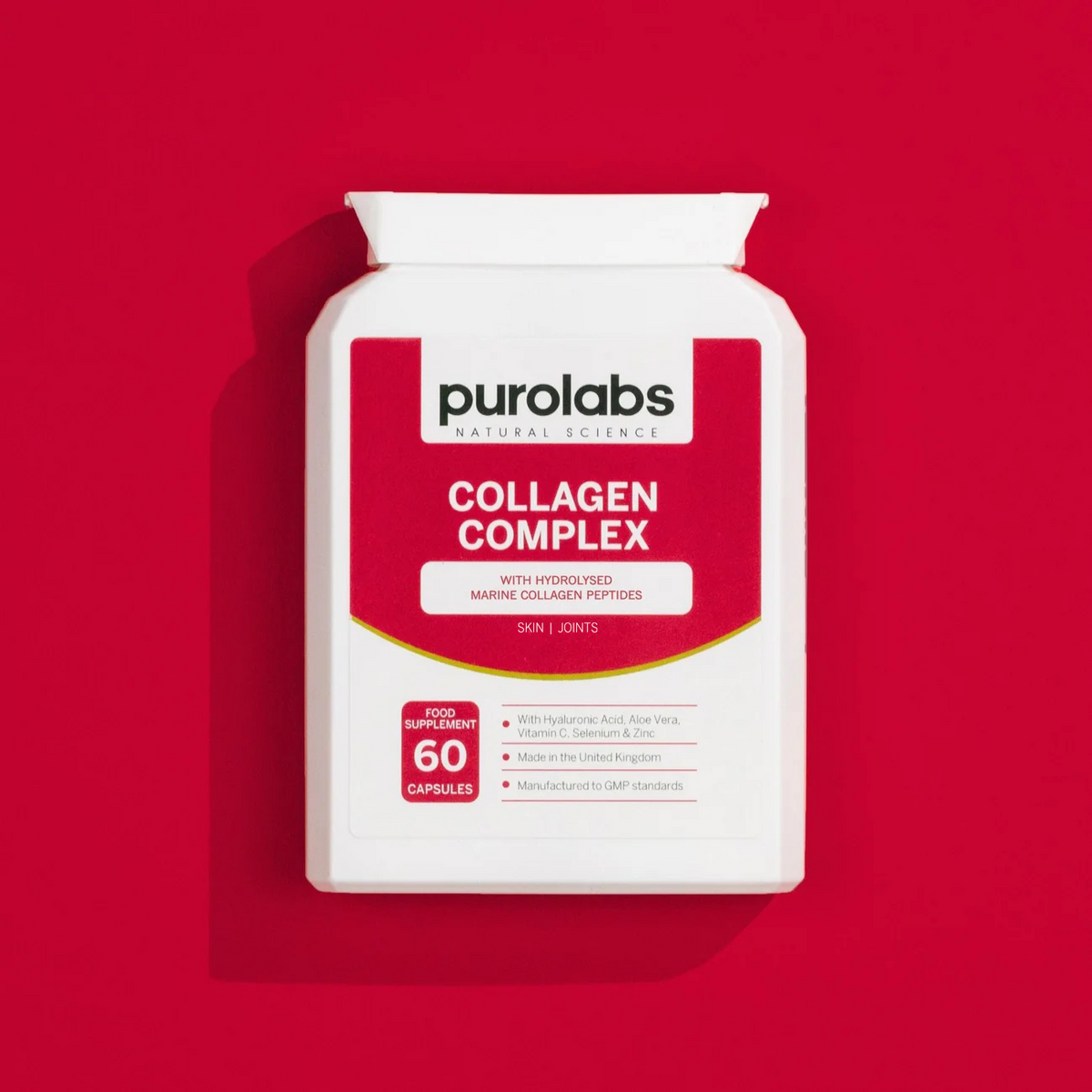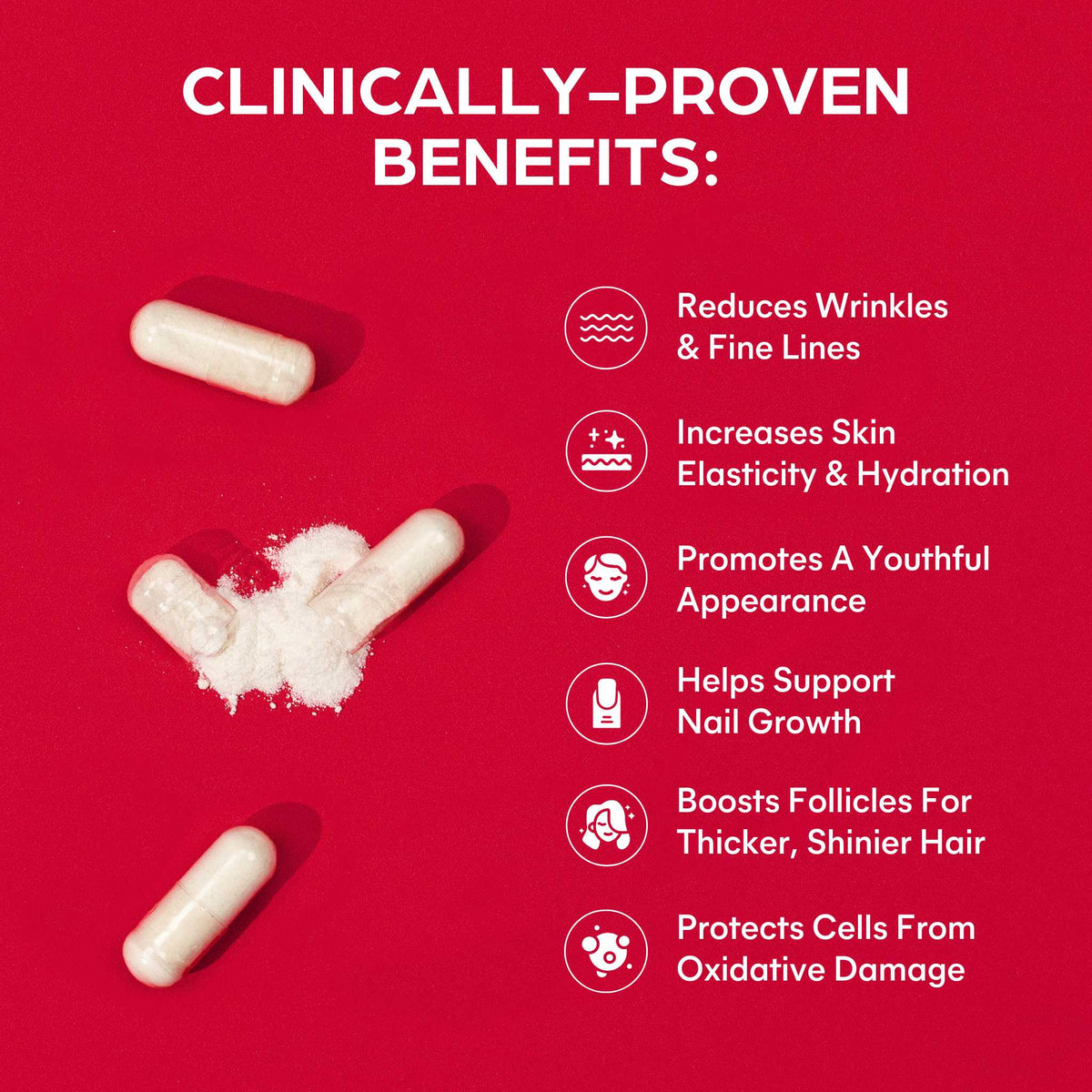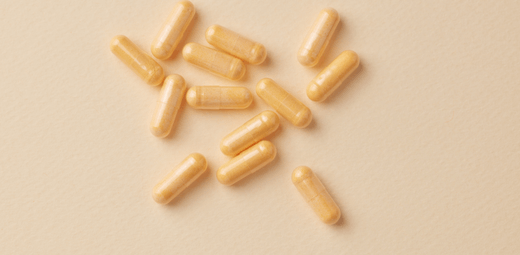CoQ10 or Coenzyme Q10 as it’s also known is a vitamin-like enzyme found naturally in every cell in our body. Our mitochondria, which is the powerhouse energy producer located within our cells has plenty of CoQ10 to help it function optimally.
Energy-related processed in the body can be linked back to this enzyme which essentially gives ‘life’ to our cells. CoQ10 isn’t as well-known as other dietary vitamins and minerals we take; however, its benefits are far-reaching and vital for many bodily processes. In my opinion, CoQ10 should be shouted from the rooftops as THE anti-ageing enzyme we should all consider taking.
Naturally, this enzyme is found in abundance in organs where energy production is high, such as the heart, liver and kidneys and plays vital roles in keeping them performing their organ-like duties like clockwork.
Unfortunately, this enzyme reduces with age and its decline is associated with conditions like coronary heart disease, hypertension, metabolic disorders, cognitive decline, and a reduction in general energy output.
Whilst this all sounds very bleak, supplementing with CoQ10 is a simple and highly effective way to replace the CoQ10 we lose as we age.
Let’s discuss the many benefits of CoQ10 and why supplementing could boost our health and support healthy ageing in more ways than we realise.
Boosts heart health
To continue with the rather unencouraging news, the stark truth is that cardiovascular disease, as stated by the World Health Organization, is the leading cause of death globally, with a staggering 38% of noncommunicable (non-infectious) diseases linked to heart disease1.
Although lifestyle changes like regular movement and a wholefoods diet are vital ways to reduce the prevalence of heart disease, CoQ10 levels as mentioned, do naturally decline with age, and are needed to support heart contractions and blood flow2.
Can improve metabolic conditions like diabetes and obesity
Chronic health conditions are on the rise, with modern living and a ‘modern’ diet leading to various metabolic conditions. We live longer, but we also live ‘sicker’ with debilitating health issues plaguing us through our later years. We begin to accept that that’s a natural part of ageing when it doesn’t have to be3.
CoQ10 has been shown to reduce reactive oxidated species levels (ROS) which are toxic by-products produced from the process of metabolism. ROS is inflammatory and can cause metabolic damage which leads to conditions like diabetes, insulin resistance and issues with weight management4.
Helps keep cognitive decline at bay
As CoQ10 is vital for energy production and function, motor neuron diseases that commonly occur in later years like Parkinson’s have been associated with low CoQ10 levels5. A lack of CoQ10 has even been shown to lead to the increase of amyloid-β (Aβ) plaques on the brain which are a tell-tale sign of cognitive decline and can lead to conditions like Parkinson’s and Alzheimer’s. These plaques can actually be viewed on brain scans, and scans taken over time can show the correlation between the increase in plaques and that individual's cognitive decline6.
Staying youthful is as much about our cognitive capacity as it is our physical output, therefore supplements that help preserve brain function are great for keeping us youthful inside and out.
Reduces inflammation
CoQ10 is a potent anti-inflammatory. It helps our body to mop up inflammatory free radicals, caused by the environment, our food, stress, lack of sleep…the list goes on.
High levels of inflammation in the body can lead to premature ageing internally and externally, as it effectively ‘ages’ our cells. CoQ10 is a fantastic supplement to counteract these processes to keep us looking (and feeling) young7.
Studies have even shown that supplementing with CoQ10 can even boost female fertility due to the anti-inflammatory protective effects of the enzyme on egg quality. Naturally egg quality declines with age, with CoQ10 showing to slow this process…fascinating! 8
Skin health can also benefit from this enzyme, as the anti-inflammatory effects can help mop up free radical damage that occurs to skin cells, keeping skin looking youthful, bouncy and supported9.
CoQ10 has also been shown to have roles in regulating blood sugar which is absolutely vital to help reduce inflammation in the body. Dysregulated blood sugar shows through a number of inflammatory conditions and keeps our body in a state of low-grade chronic inflammation…not ideal.
Improves physical performance
As mentioned, CoQ10 is found naturally in organs and tissues that have a lot of mitochondria i.e. high energy producers. Muscle tissue is an example of where mitochondria congregate as a lot of energy is required for muscle movement.
As CoQ10 levels decline with age, less energy is produced in our muscles meaning they naturally weaken and can’t perform or function as well. Increasing CoQ10 stores help to reduce muscle wastage and helps with muscle contraction10.
The enzyme as previously noted is needed for healthy heart function which helps with cardio output, so is a great supplement to consider for long-distance runners.
A word of caution
As with all supplements, it is important to check that CoQ10 doesn’t interfere with any medication you may currently be taking.
CoQ10 has been shown to lower blood pressure, therefore if you are on any blood thinning medication, do have this checked.
For those taking statins, do proceed with caution and check with your health practitioner before taking CoQ10. As this enzyme competes for the same receptors in the body as statins do, it may inhibit statins' effect. What is interesting about this is that many studies have shown that CoQ10 has positive effects on heart health and is recommended for anyone not on medication who would like to explore a preventative approach to their cardiovascular health.
B6 deficiency can also lead to CoQ10 deficiency, therefore, ensure your diet has regular sources of vitamin B6-rich foods like banana, avocado, sweet potato, beans and legumes and lean meats to help support CoQ10 production.





















